|
A popular quote on the internet, often attributed to the U.S. anthropologist Margaret Mead, is: “Never doubt that a small group of thoughtful, committed, citizens can change the world. Indeed, it is the only thing that ever has.”
Our stories this week demonstrate how dedicated and self-organized groups of people change the world in small and large ways, at different scales and for different reasons.
And all of these stories take place in city streets: from the local urban scale, where North American cycling advocates spread safety information, to the national scale as an entire dictatorship is toppled after thousands of protesters took to the streets in cities across Sudan.
In Mexico, women and girls have taken up the #MeToo movement, protesting and marching through cities there.
And on a more local and individual scale, graffiti artists contribute (legally and illegally) to everyday urban life by making places more unique and identifiable.
|
|
|

Andrew Edward Tchie, University of Essex
Sudanese protesters against al-Bashir's regime have scored an important victory. But there's a long way to go before democracy is restored.
| |
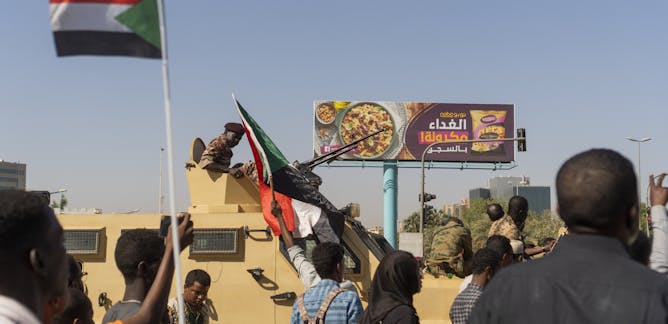
David E Kiwuwa, University of Nottingham
The time for fundamental political reforms in Sudan is now with the end of al-Bashir's rule.
|
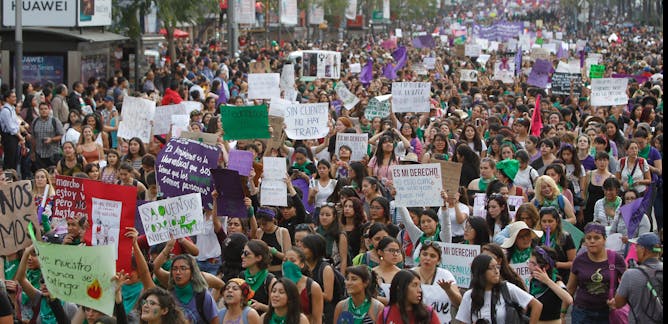
Deborah Shaw, University of Portsmouth
The backlash against sexual harassment and assault of women in Mexico was slow to get started, but thanks to a Twitter campaign, women in all professions are now beginning to speak out.
| |
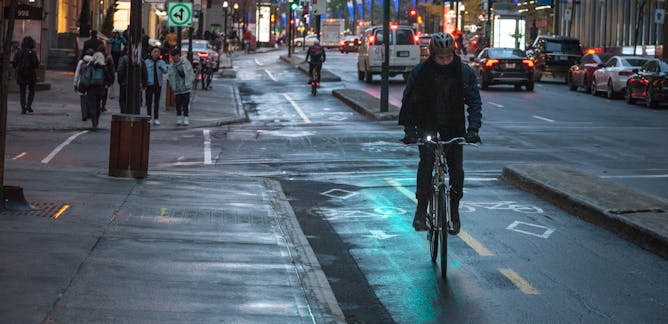
Colin Ferster, University of Victoria; Meghan Winters, Simon Fraser University
Volunteers can contribute data to maps that help cyclists choose their routes and let planners know how city cycling can be improved.
|
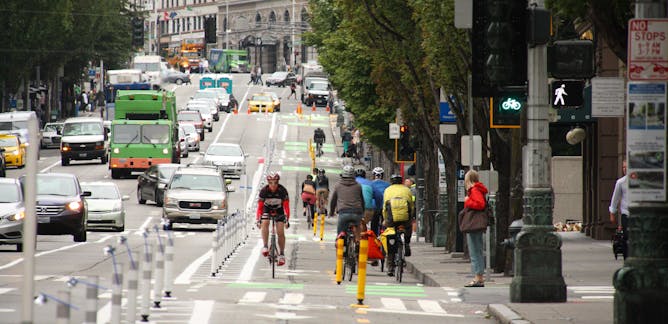
Kate Gasparro, Stanford University
This collective fundraising technique helps defuse anti-cyclist sentiment before it dooms protected bike lanes and other new infrastructure.
| |
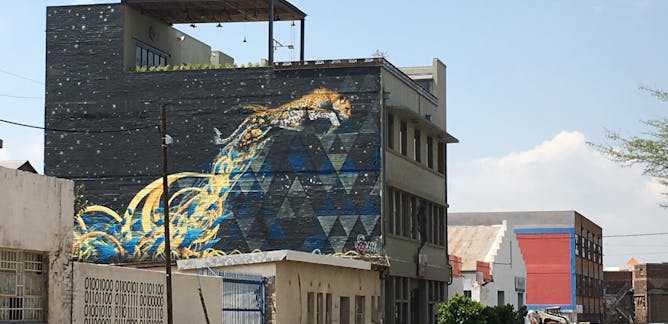
Alexandra Parker, Gauteng City-Region Observatory
Graffiti contributes to place-making by creating meaningful or identifiable spaces.
|
|
|